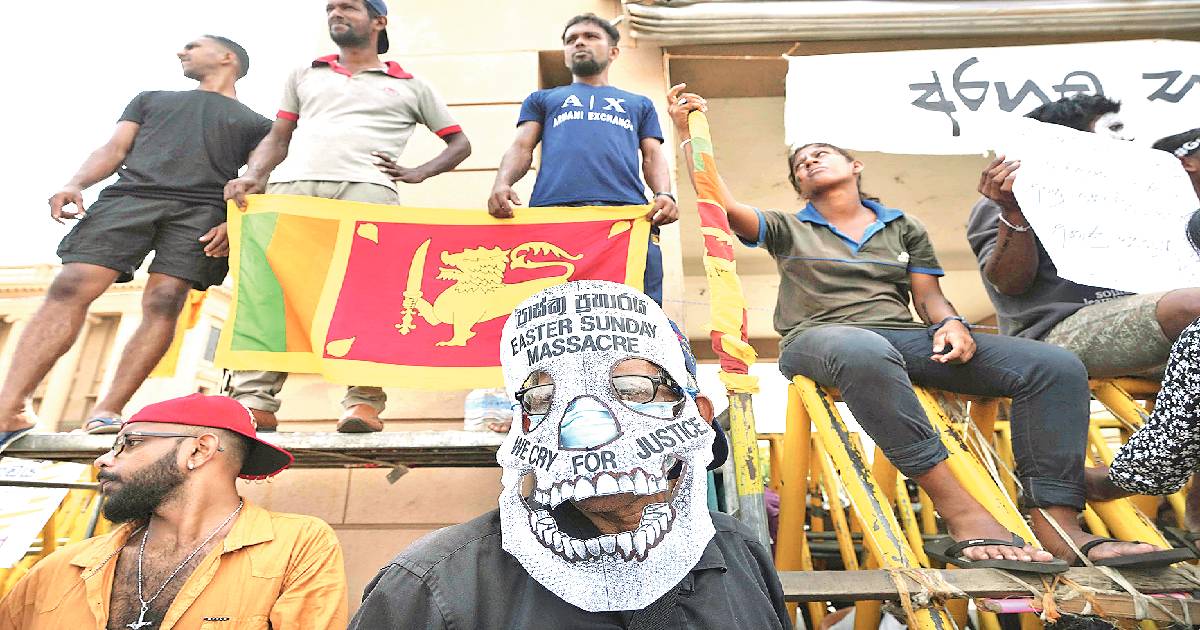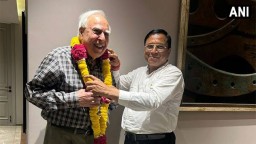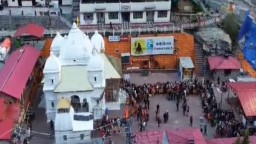Latest News
SRI LANKA UNDER A STATE OF EMERGENCY; FACING AN EXISTENTIAL CRISIS

The above statement of the then PM Sirimavo Bandaranaike in her address on May Day crowd, was an accurate description of the then pathetic economic condition of country, as well as its a message for the policymakers of the nation needs to take concrete steps to build a self-reliant Sri Lanka. Economy of the country has always been in crisis due to protracted terrorism, civil wars, natural disasters and short-sighted policies. The situation arising out of the Corona pandemic has created a serious crisis for the economy of Sri Lanka at present. Despite the declaration of economic emergency on 30 August 2021, the dreadful phase of the crisis continues.
The country suffers from severe food, power, and fuel crises and a lack of pharmaceuticals. In fact, the short-sighted policies of the Rajapaksa΄s government have brought the country to the brink of bankruptcy. The Covid-19 lock-down and subsequent protocols almost brought the country’s tourism industry to an end, triggering a period of pressure in the economy due to a sharp drop in foreign exchange earnings. Significantly, Sri Lanka received a record $ 4 billion in revenue from the tourism industry in the year 2018, which has come down to just $ 682 million in the year 2020. Due to which there was a huge fall in the Forex reserve of the country. Noteworthy, when Gotabaya Rajapaksa come in power in November 2019, the country had a currency reserve of $ 7.5 billion, which was reduced to just $ 1.5 billion in November 2021.
In such a situation, in April 2020, President completely banned the import of chemical fertilizers and pesticides by taking a suicidal decision of 100% organic farming in the country. The agricultural sector which had been dependent on chemical fertilizers and pesticides for a long time was almost ruined without fertilizers. The annual average production of tea in Sri Lanka is about 1 million tonnes, with exports earning the government $1.25 billion annually, which is 10 percent of the gross export earnings. This was reduced to half in the year 2021 and in the same way there was a huge decline in paddy and rubber production. As a result, the majority of the country’s population dependent on agriculture became a victim of starvation. On January 4, FM Basil Rajapaksa announced a $1 billion (229 billion Sri Lankan rupees) relief package that was expected to provide direct relief to 2 million people.
Efforts have been made to reduce the growing discontent of the people by providing subsidies to small tenants including import of essential food items and medicines, payment of wages and allowances of employees. But it could not happen and the public is now protesting furiously. Foreign debt of $ 500 million is to be paid in January and $ 1 billion by July. The Rajapakse government closed its many embassies from January to save Forex, but the uncontrollable situation does not seem to be improving yet, because from January many power generation units of the country have no fuel oil. Due to which a new crisis of power supply has arisen. A large part of the food supply in Sri Lanka depends on imports, but depleted Forex reserves and a 7.5 percent depreciation of the Sri Lankan rupee against the dollar last year, import conditions worsened causes an unexpected rise in food prices. In early 2020 Government had imposed a board import banned 360 other non-essential items like sugar, turmeric, toothbrush holders.
In March, inflation hit 18.7 per cent. It was the highest inflation rate since October 2008. Food inflation soared 30.2 percent. Rice is selling at Rs 500 and a cup of tea at Rs 100. The hospitals are the worst hit as the country faces a 13-hour power cut. The shortage of ink and paper has necessitated the postponement of exams for the students. The street lights have to be turned off; the darkness has filled the people with great despair. On the whole, the Sri Lankans face a night-mare. Desperate people staged violent demonstrations at the Presidential residence, due to which President Gotabaya has declared a nationwide public emergency late on April 1.
But now the public anger at the boiling point, Buddhist monks, medical health community, student unions, trade unions, cricketers and other big national figures continuously demonstrating. Due to the increasing pressure of the public, the Prime Minister dissolved his cabinet and made a new cabinet of 17 ministers along with the opposition members. However, this effort of PM Mahinda can save the government, not the economic challenge. The overall economic situation in the country is presenting a sight similar to the economic crisis of the seventies.
Even at that time the situation was so dire that analysts even called the economy of Sri Lanka as ‘Ship to mouth economy’. At that crisis time PM Bandaranaike had said - “almost squeezed us-we are literally fighting to survive.” It is a matter of great surprise that the governments of a country with a population of only 2.5 crore which have been facing food crisis for decades neither developed any public distribution system (PDS) nor any concrete plans for agriculture - irrigation or power generation were made and the Lankan were left on their fate. It is to be hoped that the Rajapaksa brothers will be shed their traditional Chinese fascination soon and they will be able to get their people out of this dire economic crisis like other crises with the help of institutions like IMF and good allies like India.
THE VIEWS EXPRESSED BY THE AUTHOR ARE PERSONAL









.png)



.png)


.jpg)
.jpg)



